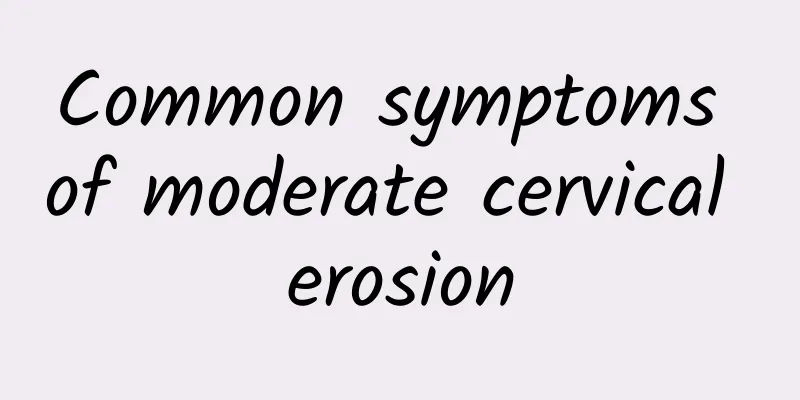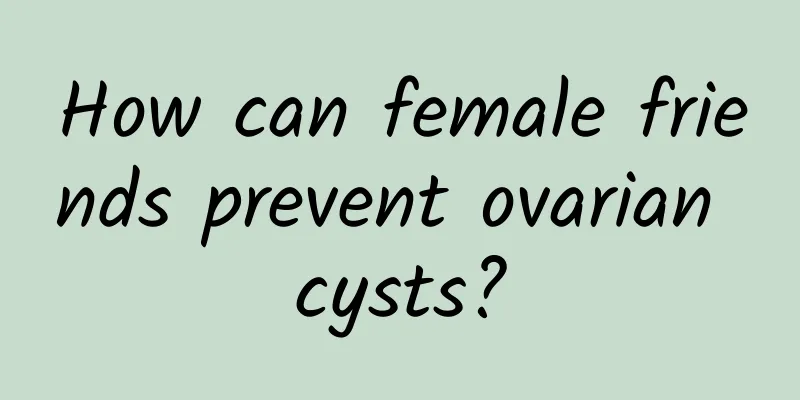What should I do if I find uterine fibroids during pregnancy? Do I need to remove my uterus for uterine fibroids?

|
Ms. Xiao is 30 years old, married for 3 years, and has no children. After going to the hospital for a checkup, Ms. Xiao found that she had uterine fibroids. Because the fibroids grow under the mucosa, they prevent sperm from entering the fallopian tubes, leading to infertility. Experts say that it is not uncommon in clinical practice to find patients with uterine fibroids before or during pregnancy, so why do some fibroids affect pregnancy and some do not? This mainly depends on the location, size and number of fibroid growth. Generally speaking, subserous fibroids have little effect on pregnancy, but the proportion of submucosal infertility is relatively high because submucosal fibroids can hinder the implantation of fertilized eggs. So, if a woman with fibroids can successfully get pregnant, will everything be fine? The answer is no, because women with uterine fibroids are prone to miscarriage in early pregnancy because it is not conducive to the implantation and development of eggs; in mid-pregnancy, some patients may experience red degeneration, leading to severe abdominal pain; during delivery, if uterine fibroids grow in the lower uterus, it may hinder the birth of the fetus and lead to dystocia. Therefore, women with uterine fibroids must go to the hospital for regular examinations and reexaminations after pregnancy. For patients who are found to have uterine fibroids during pregnancy, doctors will differentiate treatments based on the month of pregnancy, size of the fibroids, and clinical manifestations. For example, in early pregnancy, the main purpose is to prevent threatened abortion. When pregnant women experience symptoms of threatened abortion such as abdominal pain and vaginal bleeding, they should immediately stay in bed to rest, reduce their mental burden, strengthen their nutrition, and take necessary fetal safety measures. In late pregnancy, if the long position of the fibroids affects the birth of the fetus or the fibroids degenerate, a cesarean section should be performed immediately. At the same time, it can be decided whether to remove the fibroids or all of the uterus together according to the situation. |
<<: What should I do if I have uterine fibroids? How should I use medicine for uterine fibroids?
>>: What should I do if I have uterine fibroids? What are the dangers of uterine fibroids?
Recommend
What are the early symptoms of pelvic inflammatory disease?
The symptoms of pelvic inflammatory disease are o...
What to do if you suffer from Bartholinitis after abortion
Bartholinitis, literally means an inflammation of...
Eat Zongzi to lose weight! 9-grid food sharing + 3 low and 1 high
The Dragon Boat Festival is approaching. When peo...
How long does it take to have a medical abortion? Here is the answer
Abortion is divided into medical abortion, natura...
The most common symptoms of dysmenorrhea in life
Among the many gynecological diseases in women, d...
How much does intrauterine adhesion surgery cost?
How much does the surgery for intrauterine adhesi...
Recognize the symptoms of menopausal depression
It is common for menopausal women to suffer from ...
Jeon Hyo-sung only eats one meal a day to say goodbye to her golden legs
When Jeon Hyo-sung, a member of the South Korean ...
Is uterine cyst serious? Generally no treatment is needed
Many people are worried when they find out about ...
Can chocolate cysts be completely cured?
Chocolate cyst is a type of endometriosis, also k...
How much do you know about uterine cysts?
How much do you know about uterine cysts? Uterine...
How serious are ovarian cysts?
Ovarian cysts are classified as tumor diseases in...
What are the best ways to treat uterine fibroids?
Uterine fibroids are one of the most common gynec...
Three major hazards of adnexitis
Adnexitis is a common gynecological disease in wo...
What are the causes of vulvar leukoplakia?
What causes vulvar leukoplakia? Vulvar leukoplaki...









